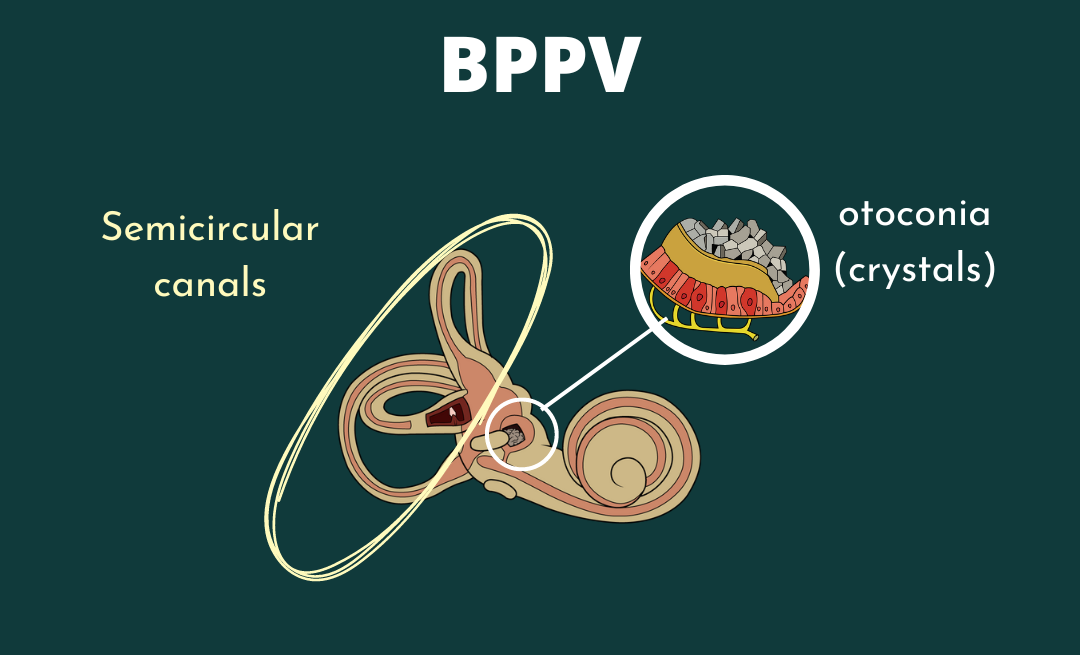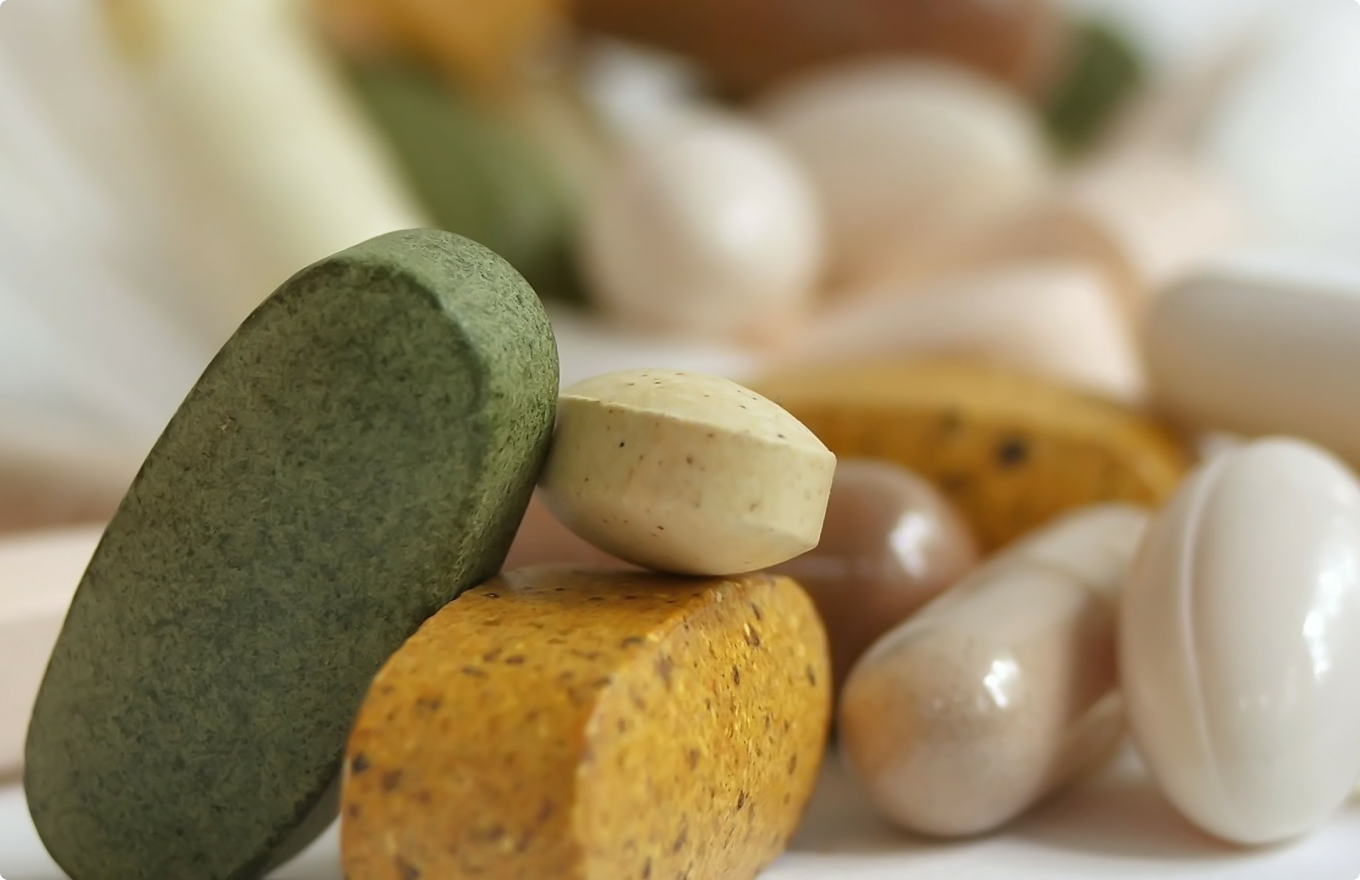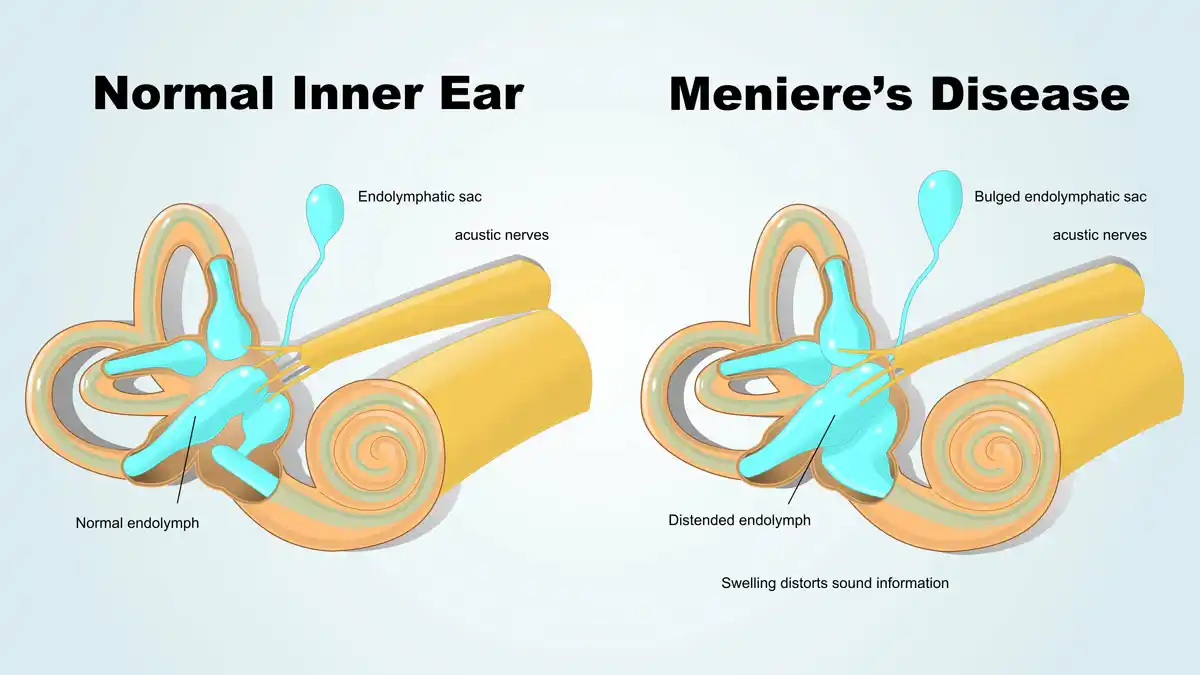Migraine and Vestibular Migraine can be reduced and managed naturally with vitamins, minerals, diet, and exercise! People often ask me which vitamin deficiencies cause migraine and if you should be tested. Although your doctor can test you, that’s not a requirement as most people with migraine do have issues with these deficiencies in most research. These vitamins include Magnesium, CoQ10, D3, Riiboflavin (B2), and Omegas!
Natural migraine treatments can be paired with your medical treatment, however, be sure you tell your doctor what you’re taking as some vitamins for migraine can have an impact on your prescription medication – there are always options, so its best to be safe!. Some people use natural migraine treatment alone, without the need for Here’s a list of vitamins and other accessible over-the-counter treatments you can try. As always, ask your doctor before you change or add anything to your treatment plan!
The most common supplements for Vestibular Migraineurs are CoQ10, Magnesium, and Riboflavin (B2). Some supplements, like Migralief have all 3 combined, which makes remembering to take it easier. However, sometimes just because it’s easier doesn’t mean it’s better – some of my patients have been very successful with taking Migralief, but others have needed to take each one separately for multiple reasons.
Magnesium for Migraine
Magnesium has so many purposes in our bodies. It helps with mental clarity, digestion, nerve function, blood sugar, and more! Taking keeping magnesium available in your body for use is called bioavailability. Different kinds of magnesium supplements help with different difficulties you may have related to migraine

Magnesium Glycinate
Magnesium glycinate is used for mental clarity and digestive health, without causing digestive issues or a crash at the end of the day. Glycinate is an amino acid that your body uses to fight inflammation and improve sleep. Magnesium glycinate also occurs in foods such as meat, dairy, and legumes. Since those on a Migraine Diet or Heal Your Headache diet may be avoiding most dairy and some legumes, glycinate may be lacking in your diet. It’s important we have all the necessary amino acids in our diets, so a magnesium glycinate supplement may be a great idea for you!
Magnesium Threonate
Magnesium L-Threonate is when we combine threonic acid and magnesium. This form of magnesium is a formed to be easily digestible and is great for mental clarity. Studies have shown that it helped promote learning and memory, and helped prevent memory decline. Threonate is already present in some level in our cerebrospinal fluid, and the presence of extra in neuronal cultures “increased functional synapse density” (2). Really good Magnesium Threonate, like the kind form Pure Encapsulations, is really hard to come by. If you can’t find it from Pure Encapsulations on Amazon, they have another show online here.
Magnesium Citrate
Magnesium Citrate is often used for treating digestive issues, such as constipation. Magnesium citrate is the most available form of magnesium – this is the kind of magnesium that you find generically in stores. This form of magnesium is also commonly found in powder form. If you have trouble with the bathroom in general and are a person who deals with chronic constipation it might be good to take Magnesium Citrate. However, if you do not, be more cautious about this – you might spend a little extra time in the bathroom than you had intended if you take Magnesium Citrate.
For more into on forms of migraine, you can take, click here!
Coenzyme Q10
Coenzyme Q10, or CoQ10, for migraine is used for preventing oxidative change in your brain. Migraine Brains hate change – so preventing large changes in oxidative stressors within your brain will help decrease the number of migraines in your life. CoQ10 helps support mitochondria by creating adenosine triphosphate, which helps us with energy (3, 4). Some studies have shown that CoQ10 can help with episodic migraine prevention up to 15 episodes per month. CoQ10 is made by Pure Encapsulations, like Magnesium, in pill form which is of high quality. It is also in chewable gummies made by NOW Supplements which patients have reported is effective as well.
Riboflavin (B2)
Riboflavin, which is a form of B2 vitamin, is effective in preventing migraine (5). Migraineurs are frequently B2 deficient, so supplementing your body this vitamin can be incredibly helpful in migraine prevention. Riboflavin is generally well tolerated, affordable, and will likely make you feel better. In the study, of people who took Riboflavin for the 3 month trial, 59% reported decrease in migraine symptoms by at least 50%. Riboflavin is useful in brain function, skin cell production, gut/digestive lining, and more. People who have migraine are typically deficient in B2, so it’s a good idea to supplement it into your diet. B2 can be found in eggs, milk, meat, nuts, enriched flour, and more If you do not tolerate these foods well, especially if you’re on a strict migraine diet, it could be a good idea to supplement it in vitamin form instead of trying to eat enough throughout your day. The typical dose is 400mg/day for at least 3 months, but as always, ask your doctor for more information!
It is significant, however, that riboflavin has been shown to interact with some medications like antidepressants and some cancer drugs, so be sure to check with your doctor first!
Omega-3 For Vestibular Migraine
A new study found that having more omega-3’s than omega-6’s is helpful for preventing pain and migraine frequency/days. We have two main forms of Omega-fatty-acids in our bodies. The first is Omega-6 and the second is Omega-3. Omega-3 has long been known to be healthier and better to have more of in your body. You can find it in avocados, fatty fish, and other nutrient-rich foods. Its other form is Omega-6, and is known not to be as healthy. This study found that increasing the number of Omega-3’s a person had, without doing any alteration of Omega-6, decreased headache frequency. Both Omege-3 and -6 are not synthesized internally, meaning that we have to eat them to get them in our bodies, or we have to supplement them or eat them!
Melatonin for Vestibular Migraine
New research shows that melatonin could be very helpful in treating vestibular dysfunction. MT1 receptors interact with melatonin, and are found all over the same parts of the brain that the vestibular system is! This study says “melatonin has been proposed as a prophylactic agent in the prevention of migraine attacks, a condition that can be associated with vertigo” (8). This study also states that in animal models melatonin has been found that it can be otoprotective (protective for the ear). 3mg was taken daily during this study, and it should be taken at night before you go to bed. This way you can not feel extra sleepy during the day.
Vitamin D3 for Vestibular Migraine
Vitamin D3 can be helpful in preventing vestibular migraine, but the mechanism is not clear. There is not a lot of evidence to recommend it to all patients with migraine or vestibular migraine, but it’s great to ask your doctor if it’s a good fit for you. Many people are vitamin D3 deficient, especially with migraine. There is some evidence to show that there is a decrease in migraine frequency and pain when vitamin D3 is supplemented. This is especially important when it is not sunny outside, or if you live in a particularly foggy place! We get D3 via UV waves, but if we don’t live in a sunny place, or you live in a house/apartment without a lot of light, it’s important to find a way to get it in. Supplementation is frequently the answer here!
Sources:
(1) https://www.healthline.com/nutrition/magnesium-types
(2) https://pubmed.ncbi.nlm.nih.gov/27178134/
(3) https://www.verywellhealth.com/coenzyme-q10-migraine-prevention-1719853
(4) https://www.migrainetrust.org/living-with-migraine/treatments/supplements-and-herbs/
(5) Schoenen J, Jacquy J, Lenaerts M. Effectiveness of high-dose riboflavin in migraine prophylaxis. A randomized controlled trial. Neurology. 1998 Feb;50(2):466-70. doi: 10.1212/wnl.50.2.466. PMID: 9484373
(6)Wolff, A. (2020, April 5). The Best Magnesium Supplements for Migraine. The Dizzy Cook. https://thedizzycook.com/magnesium-supplements-explained-which-one-is-best-for-vestibular-migraine/












